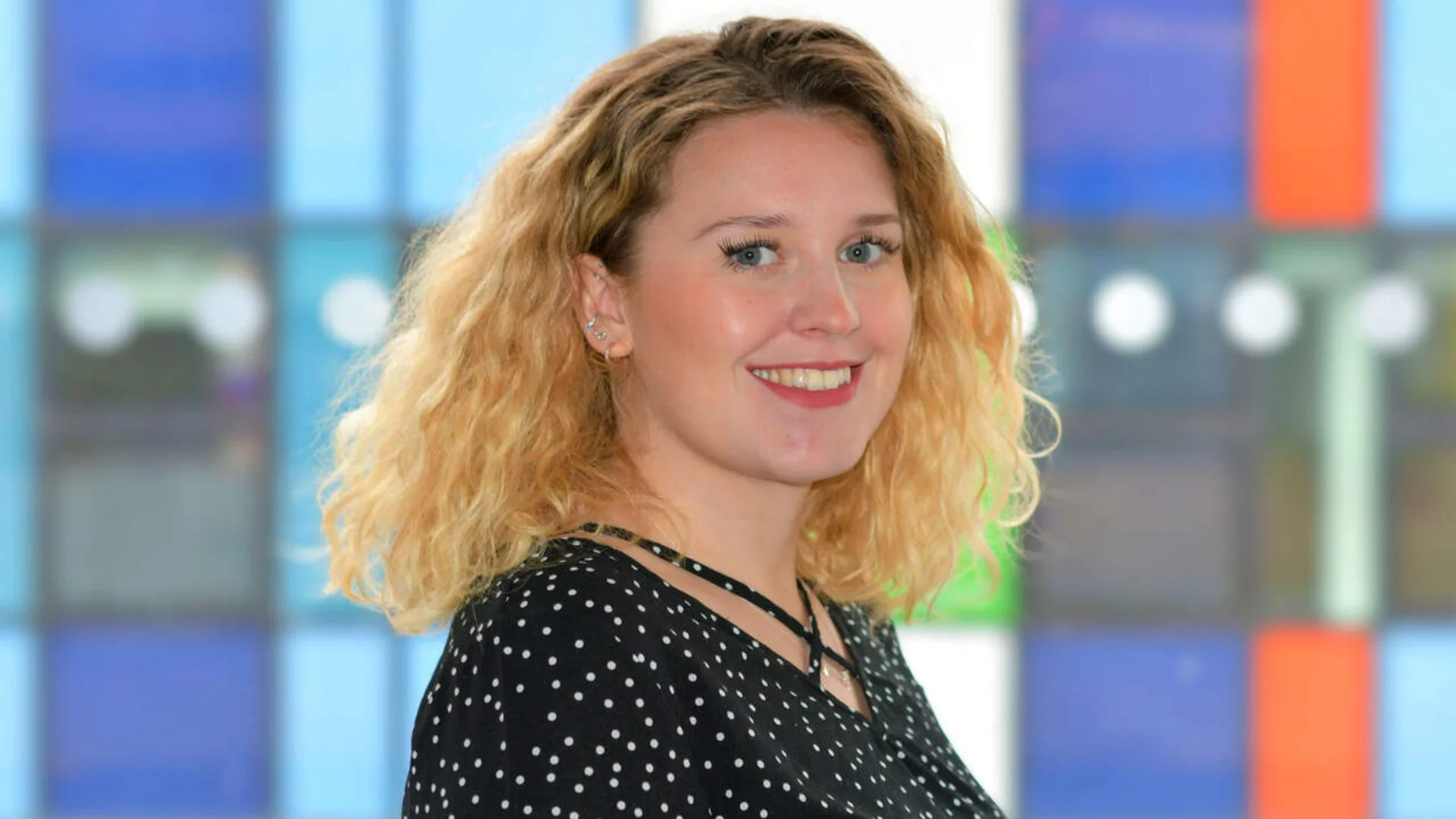A recent study led by Dr Emily Lowthian, a lecturer at Swansea University, has explored how different care experiences impact the educational outcomes of children in Wales. Using data from the Secure Anonymised Information Linkage (SAIL) Databank, the research examined children born between 2000 and 2003 to understand how the type, timing, and duration of care influenced academic achievement.
Dr Lowthian explained: “We identified seven distinct groups of children based on their care histories, such as early foster care, late adoption, or mixed placements.
“This approach goes well beyond average statistics. By looking at care histories in detail, we can see where the real risks and strengths lie and what kind of support may make the biggest difference.”
The findings showed that when children entered foster care had a significant effect on their academic performance. Children who began foster care just before starting school were particularly vulnerable; only 40% achieved Key Stage 1 expectations compared to 81% among all children. In contrast, those adopted early or placed with relatives (kinship care) performed better academically—66% reached Key Stage 1.
However, these advantages tended to diminish over time. By Key Stage 2, most groups with experience in care saw achievement rates drop to between 36% and 52%, while the general population stood at 83%.
Dr Lowthian stated: “These findings highlight that long-term support is vital, even when children are no longer in care. Early promise can quickly decline without it.”
The SAIL Databank allowed researchers to track health, social care, and education records over time. Dr Lowthian noted: “Few other datasets offer this level of longitudinal linkage across health, education and social care records.
“It gave us the scope to explore how children’s complex care histories unfolded over time and how these related to their attainment in school.”
Limitations of the study included not being able to fully account for pre-care factors like abuse or neglect and having a small sample size for adopted children.
The project involved collaboration with young people who have lived experience of being in care through the Voices group at CASCADE Partnership. Dr Lowthian said: “These young people shaped the research, from identifying key placement types and highlighting how factors such as exclusion and frequent school moves affect outcomes.
“They also reminded us that stigma is a major issue and urged us to focus on how the systems, not children themselves, contribute to poor outcomes.”
The research also found that suspensions from school, frequent moves between schools, and eligibility for free school meals play an important role in GCSE results—especially for those with short-term early experiences in care. The findings point toward a need for better data sharing between schools and social services so that students who have spent even brief periods in care are recognized and supported appropriately.
Dr Lowthian emphasized: “There should be an end to school exclusions and a focus on collaborative managed moves involving the child and their carer. Schools need better information so they can recognise children who have been in care, even briefly, to ensure that they receive appropriate support and recognition.”
Dr Lowthian has received a fellowship from Swansea University aimed at turning these findings into practical resources for educators and social workers.

